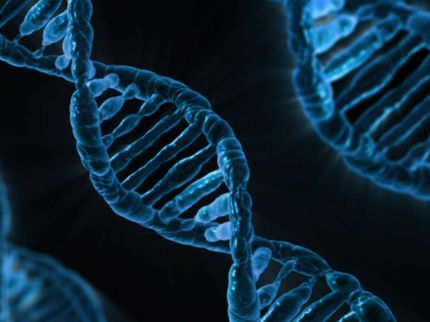Novel German Research Alliance to Detect Precursors of Colorectal Cancer
Munich Technical University, Epigenomics AG and KVB to develop novel approaches to cancer prevention
Advertisement
The German Federal Ministry of education and Research will fund a clinical research project for the early detection of colorectal cancer, to be realized by an alliance of Scientists from the 2nd Medical Clinic of the University vHospital rechts der Isar at the Munich Technical University, the Association of Statutory Health Insurance Physicians in Bavaria (KVB) and Epigenomics AG. The total project budget is expected to sum up to around EUR 1.3 million. The project aims at developing a novel blood test that, in addition to colorectal cancer, can also detect pre-malignant precursors of the disease, so called adenomas and polyps.
Compared to the currently recommended colonoscopy such an approach would be much more convenient for individuals undergoing colorectal cancer screening. A non-invasive blood test could thus complement currently available conventional prevention strategies including colonoscopy and thereby might significantly contribute to reducing mortality from colorectal cancer.
Characteristic features in tumor development are inheritable modifications in gene regulation and gene expression, so called epigenetic changes. As these changes occur in the earliest stages of colorectal cancer development, they are ideally suited as diagnostic markers. Based on such an epigenetic marker, the DNA methylation marker mSEPT9, Epigenomics AG has already developed a blood test which can reliably detect colorectal cancer in the stages I to IV of disease progression.
The purpose of the current research project is to assess the suitability of the mSEPT9 test for the blood-based early detection of polyps and, if appropriate, to further optimize it for broader application, for example by combining the mSEPT9 marker with one or more additional markers.
The alliance represents a novel form of collaboration which combines partners from industry, academia and public health care providers to work on innovative aspects in preventive oncology.






















































